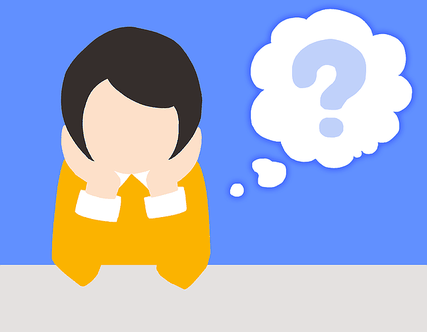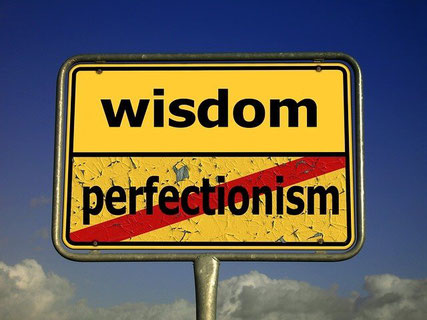2021
2021 · 16. December 2021
Thoughts are just thoughts, not facts. Unfortunately, we often over-identify and fuse with our thoughts – and that can be a real problem when the thoughts are negative and punitive. For example, you might react to the thought “I’m useless” as if you are really useless, making you feel sad and hopeless. In this column, I give some tips on how to casually defuse from negative thoughts.
2021 · 02. December 2021
Sometimes, our emotions cause us to do things that aren’t good for us. However, you don’t have to be a prisoner to your emotions. In this article, I examine the opposite action strategy – that is, do the opposite of what your emotions are telling you to do.
2021 · 18. November 2021
When was the last time you made conversation with a stranger? Does it seem awkward and not worth the bother? Would you be surprised to hear that routinely talking with strangers can make you happier?
And yet, the research is clear on this – whether you’re an introvert or an extrovert, striking up brief conversations with strangers is more enjoyable than you think and good for your well-being.
2021 · 04. November 2021
I recently talked about exposure therapy and the importance of facing your fears. But what if you fear the thought of relaxing and being 'too happy'? One way of changing this mindset is by devising what I call emotional exposures. This article explores the aim of these emotional exposures: to drop that guard, to give give yourself permission to hope and be happy.
2021 · 21. October 2021
The best way of overcoming your fears is to confront them. Exposure therapy – exposure and response prevention or ERP, to use the proper name – is a proven psychological treatment for all forms of anxiety, but how exactly does it work?
2021 · 07. October 2021
Relaxation is good for all of us. If you’re a worrier, however, you may well find that you actively resist relaxation, instead choosing to continue worrying. Why? My latest column explores research showing that worriers don’t like negative emotional contrasts – for example, when you suddenly go from feeling relaxed or upbeat to feeling stressed or fearful. To avoid this negative emotional shift, you stay on guard and continue to worry.
2021 · 23. September 2021
The word 'clutter' brings to mind the image of a messy house. That's not the only downside of clutter, however, because a physical mess can also mess with your mental health. My latest Southern Star column discusses why we hold onto things we don't need and offers some tips on how to live a clutter-free life.
2021 · 09. September 2021
Excessive checking, excessive preparation, organising and planning, writing long to-do lists, spending excessive time editing short emails, ruminating on things you could have done better – my third column in a three-part series on perfectionism offers advice on how to tackle perfectionist behaviours.
2021 · 26. August 2021
Perfectionism can have seriously damaging emotional consequences and is linked with a whole host of mental health problems. How can you change a perfectionist thinking style?
2021 · 12. August 2021
Perfectionism is sometimes seen as a positive trait, but the reality is the psychological downsides to perfectionism can be very grave indeed. In the first of a three-part series, I explain what underpins perfectionism and why it drives and maintains unhappiness and pain.









